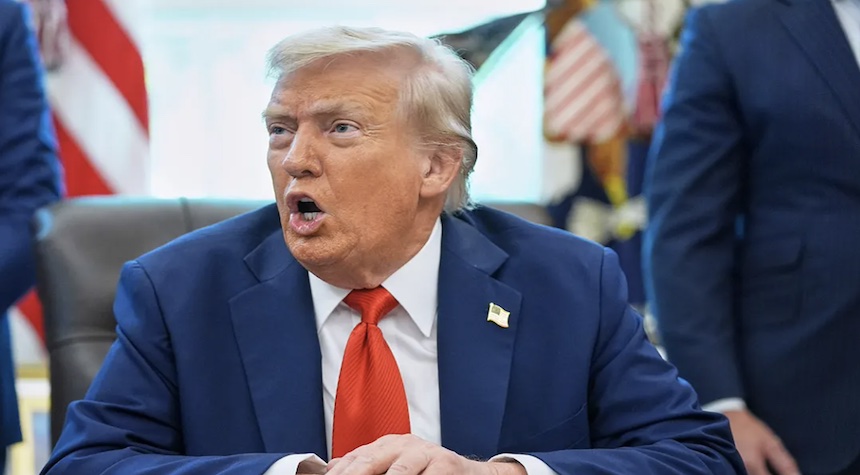President Donald Trump drew attention this week after stating that he would support allowing 600,000 Chinese students to study at American universities. The remark represents a contrast with earlier visa policies under his administration that increased scrutiny of Chinese applicants.
Background on Student Visa Policy
During Trump’s first term, the administration introduced stricter vetting measures, limited foreign enrollment at certain institutions, and restricted visas for Chinese graduate students with ties to universities linked to the Chinese military. In May, Secretary of State Marco Rubio said the State Department would revoke visas for students connected to the Chinese Communist Party and expand screening of new applicants.
China has long been the second-largest source of international students in the U.S., but enrollment has declined in recent years. According to the Institute of International Education, the number peaked at more than 372,000 in 2019–2020 before falling to about 277,000 in 2023.

Trump’s Remarks
Trump made his comments Monday during an Oval Office meeting with South Korean President Lee Jae Myung. Asked about a possible meeting with Chinese President Xi Jinping, Trump said:
“I hear so many stories about ‘We are not going to allow their students,’ but we are going to allow their students to come in. We are going to allow it. It’s very important, 600,000 students.”
You May Also Like: Veteran Arrested After Burning Flag Outside White House in Protest of Trump Order
At a Cabinet meeting the following day, Trump repeated the point, calling Chinese students an asset to U.S. colleges and universities:
“We’re honored to have their students here. Now, with that, we check and we’re careful, we see who is there.”
The Chinese Foreign Ministry has also stated that Trump told Xi during a June phone call that the U.S. “loves to have Chinese students coming to study in America.”
Reactions
Trump’s comments drew mixed responses. Some supporters, including Rep. Marjorie Taylor Greene (R-Ga.), former adviser Steve Bannon, and activist Laura Loomer, criticized the idea of admitting more Chinese students, citing national security concerns. Greene said that if U.S. universities cannot survive without Chinese enrollment, “then these schools should fail anyway.”
Others emphasized the economic and academic benefits. Commerce Secretary Howard Lutnick said on Fox News that Trump was taking a “rational economic view,” arguing that many U.S. colleges depend on international enrollment. A study by NAFSA, an association of international educators, estimated that international students contributed $43.8 billion to the U.S. economy and supported more than 378,000 jobs in the 2023–2024 academic year.
Broader Context
The debate reflects broader U.S.-China tensions over trade, technology, and security. In recent years, some universities have scaled back partnerships with Chinese institutions amid concerns about intellectual property and military applications of research.
Chinese officials have criticized U.S. visa restrictions, arguing that students have faced unfair treatment, including prolonged interrogations and revocations of entry. Last week, China’s Foreign Ministry said such practices harm legitimate exchanges and “dampen China-U.S. people-to-people ties.” The Chinese Embassy also issued a warning advising students to avoid Houston’s George Bush Intercontinental Airport, citing reports of detentions and questioning of Chinese nationals.


